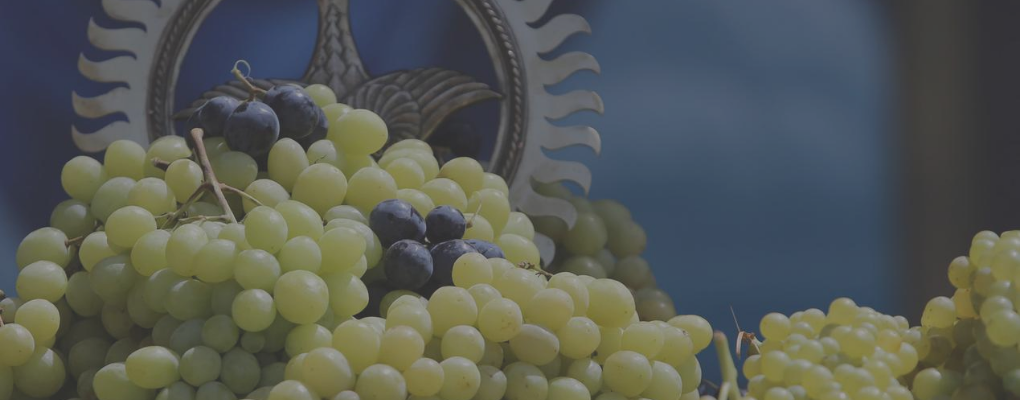
Not long ago, I was talking to one of our parishioners and this person was sharing how exhausted he felt from not being able to help enough, make a real difference, from the scope of grief, disaster and misery all around us. “Der Hayr’, he said, “I just sent a check for Artsakh, then there was a fundraising for Tavush, now we have Beirut, our parish needs money”. He continued and explained that he was especially saddened by the realization that everyone around him, every family and person he knows seem to be struggling, going through some sort of difficulty and hardship. He was tired, he wanted it all to go away, he was ready and willing to help and support. But the scope of difficulties and challenges was far beyond his ability to do anything. Unable to make a real and tangible difference, this person was wondering how he can find peace and process the pain around him.
This is something we can all relate to. This is how we feel when we find ourselves unable and powerless to support someone who is in pain and struggle. This is what it feels like when we realize that the gap between our dreams and reality is too big for us to bridge. When we are overwhelmed by demands, expectations and challenges that are far too big and heavy for us to carry and bear. All of these are especially hard to cope with when we feel alone, when our lives lack a source of empowerment, excitement and hope.
Our self-centered culture tells us that it is all about self-reliance and hard work, that if we are strong and tough enough, we can surely overcome any difficulty and obstacle in life. This worldview is the cause and reason for much of the anxiety, depression, sadness and loneliness in our society.
Today, as we celebrate the feast of the Assumption of St. Mary, the Armenian Church through the framework of its life-giving liturgy offers a wonderful alternative approach. Many other churches and denominations around us celebrate the feast with beautiful liturgies, festive processions, hymns and prayers. But there is something extraordinary and peculiar happening in the Armenian Churches. We bring grapes to church, place them on the altar, bless them with prayers of healing, distribute and consume them as a medicine for our souls and bodies. Why grapes? What is the spirituality behind this ancient ritual? And what does it teach and remind us about?
Traditionally, every family and person would bring grapes from their gardens to the church. They would pick the very best their harvest had to offer. Grapes from the rich and poor, peasants and princes, men and women – would all be placed together on the altar for a blessing. The differences and divisions of the community melt away and a powerful symbol of unity and sacred community emerges. Now the very essence of the grapes is transformed, now through the holy sacrament of our spiritual unity in love and faith in Christ the grapes are transformed into communion that has the attributes to heal and restore our bodies, minds and souls.
This ancient Armenian ritual is a reminder about two important things. First, it reminds us that when we bring forth the best we can offer to the world, our families, spouses, friends, work, education, community and parish and do so with love and not merely because of duty, pity or guilt – a powerful transformation takes place. Our gift of time, our offering of love is transformed into a remedy that heals, forges a new spiritual reality and a dimension which allows God to enter our world, enter our families, our lives and parishes, renew and rejuvenate them with his blessing and presence.
This wonderful service is a reminder that we are not alone, that God works and touches our lives through our spiritual family – our parish. It is a reminder that we are really the grapes, that when we bring our prayers and love, our wounds and struggles and put them all together – we are transformed into a living communion, the very body of Christ. It is a reminder that, in the same way that each individual grape is connected to the stem, we too are connected to each other. We feed from the source of empowerment that is our heritage, our faith. In the sacred garden of our community we grow together, suffer and struggle together, lift and hold each other up, withstand winds and storms together, fight heat and drought together. Always and in all things, supporting, helping, forgiving and loving each other.

